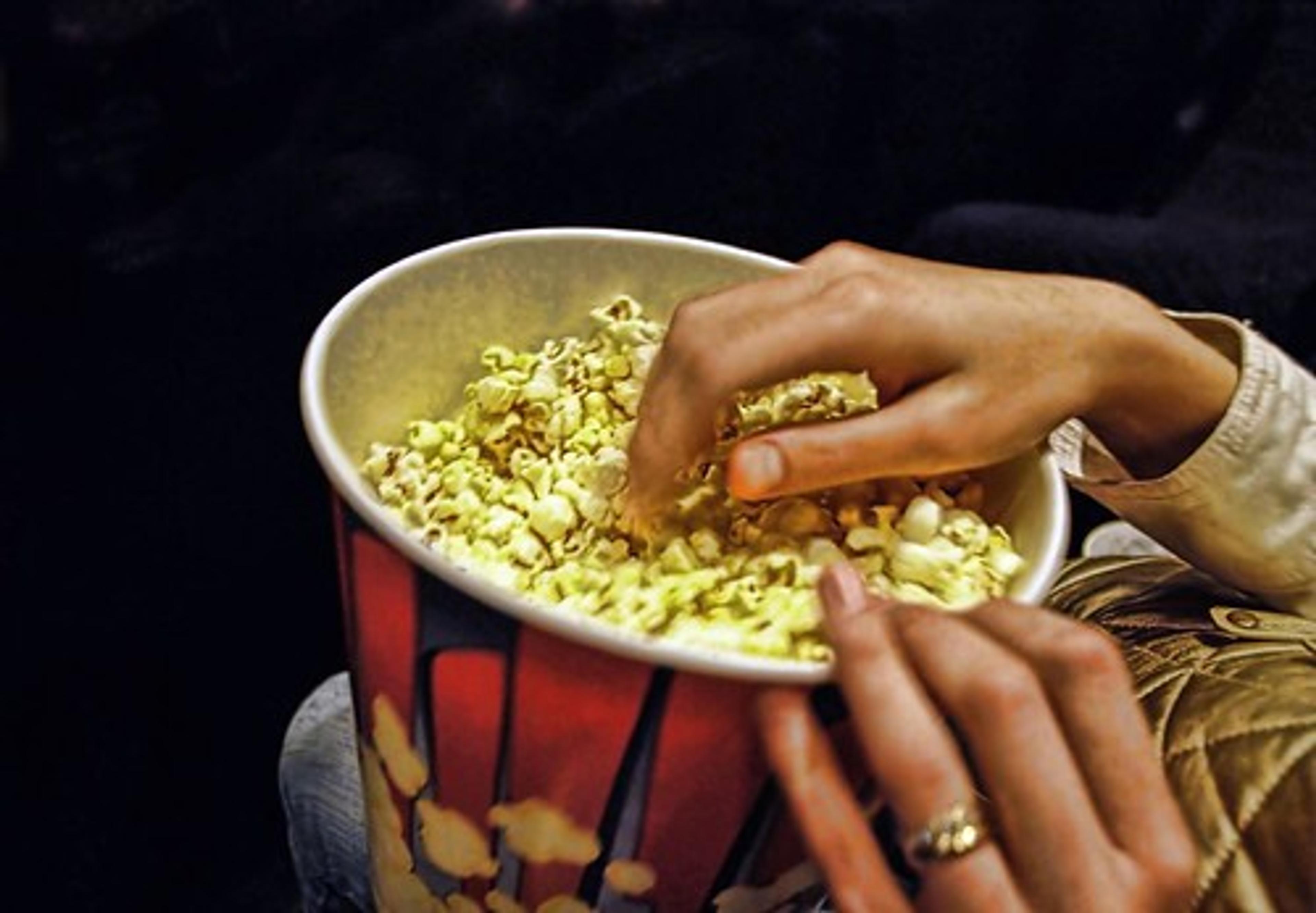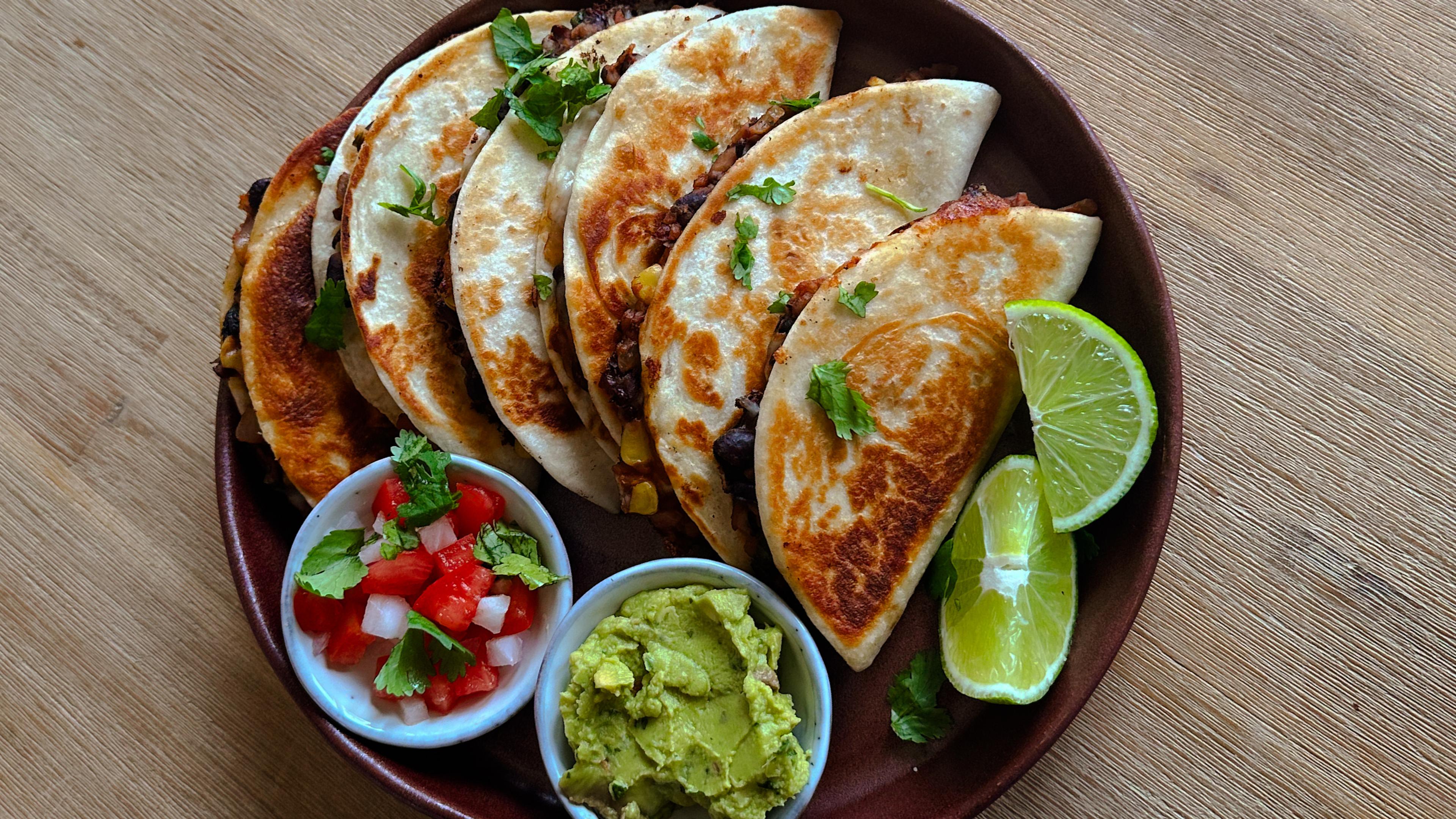Recent Study on Popcorn Eaters Sheds Light on How To Beat Bad Habits
Jodi Davis
| 4 min read

Recently I came across an interesting column on ABC News, Obesity and Overeating: How to Break a Bad Habit.
The column begins:
We humans are creatures of habit, both good and bad, and while habits can free us from having to rethink everything we do, every time we do it, they can also enslave us to activities that may be self destructive. They can be very hard to break, even when we know we must…
The piece continues to describe an experiment in which subjects were given popcorn — both freshly popped and stale — in a movie theater, then a meeting room and the back inside a movie theater, but with the participants ordered to use only their non-dominant hand to eat it.
The researchers think they may have come up with a simple formula that may help these types of bad habits: “Don’t overwhelm that bad habit with good intentions and a strong sense of self control, because it probably won’t work,” columnist Lee Dye writes. Instead, the researchers suggest that we alter the environment that triggers that automatic response (which we call a habit) because without the right cues it may slowly go away.
As I think back to the days before I began my new lifestyle, there are several habits that I now realize were pretty bad; but during those two and half decades, I didn’t pinpoint any of them as contributing to my obesity. Now I realize that those habits were the contributors:
First thought of the day: “I hate being fat. I’m going to diet today.”
Second thought, immediately following the first: “I will fail at this diet, I always do.”
Get out of bed with a negative attitude and instantly weigh myself.
Hate the numbers on the scale and make decision to skip breakfast.
Eat barely anything throughout the day, reminding myself I’m on a diet.
Acknowledge that I should exercise but give the excuse that there isn’t enough time in my busy day.
Feel extremely hungry by evening and continuously pick at food while preparing supper.
Go overboard on portion sizes at dinnertime and fill plate a second time.
Clear table and pick at the leftovers.
Feel guilty.
Do the dishes and wonder why I never have time for me.
Realize I messed up another one of my diets, conclude that I might as well eat my favorite snack foods before bed and tell myself I’ll start my “real diet” tomorrow.
Eat every snack item I crave and go to bed feeling huge.
Last thought of the day: “I hate being fat. I’m going to start a new diet tomorrow.”
I have a feeling that many of you can totally relate to my bad habits.These are habits that many overweight people live with daily, but I want to stress that they can be overcome.
In order for me to change my bad habits, I had to find different habits that would allow me to live a healthier lifestyle and not despise it. I felt that if I enjoyed my new habits then it would be easier to follow them:
First thought of the day: “This is going to be another great day!”
Get out of bed with a positive attitude and enjoy a healthy breakfast.
Make healthy food choices throughout the day and realize how much better I feel.
Enjoy the fact I can prepare a healthy dinner noticing how much my entire family loves it.
Take “normal” portion sizes at dinnertime and put the leftovers in a storage container.
Let the dishes sit in the sink for an hour or so… they can wait. My good health comes first.
Tie on my athletic shoes and take a 22-minute, 1.5-mile brisk walk.
Take care of the dishes.
Enjoy a bowl of low-fat microwave popcorn and a big glass of ice water while watching evening television.
Last thought of the day: “I love living this way! And I can’t wait to shop – yet again- for smaller sized clothes!”
I had to focus and think about these changes for the first three weeks or so, and I made a conscious effort each day to not allow my bad habits to enter the picture again.
It’s interesting to learn that researchers at the University of Southern California have come up with a formula too; it’s a little different than mine, but also slightly similar. They say it comes down to individuals really having to think about what they are doing. Please take a moment to read their “popcorn experiment” as I’m sure it will really give you something to ponder as it did me.
Ultimately, the goal of today’s post is to get you to realize that if you take the time to think about what you are doing — each of your daily habits — you may find it much easier to make changes to those habits. You do have the ability and the strength to change those habits that you feel are unhealthy… and create healthy habits that can last a lifetime!
Photo by Anders Adermark





